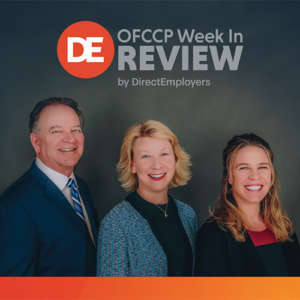
- OFCCP Released New Website Portal Feature
- U.S. Census Bureau Role Celebrated in U.S. Constitution Day
- OFCCP Announced Academic Institutions Town Hall
- Senate Recommended Lower Budget for OFCCP
- Covered Federal Contractors – Minimum Wage Increase
- Dhillon and Leen Testified Before the Education & Labor Committee
- EDI Award Application Process Updated
- NLRB Proposed Rulemaking Concerning Students
Monday, September 16, 2019: OFCCP Released New Website Portal Feature
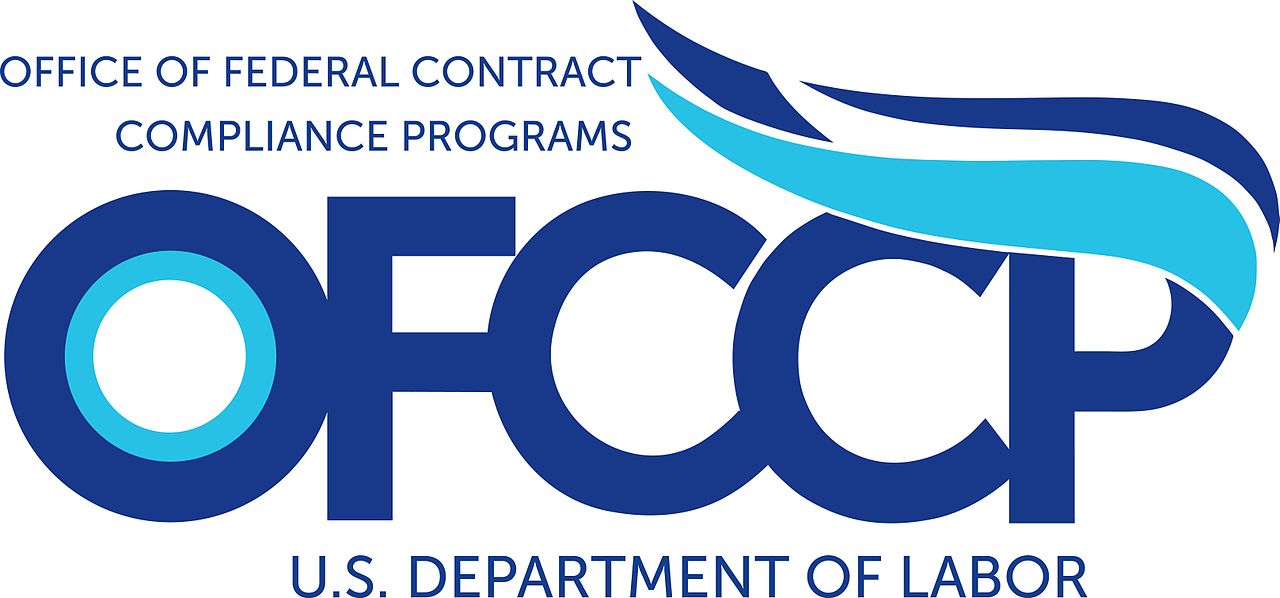
The new “Topics” feature allows contractors to post questions for immediate review and feedback from the contractor community.
OFCCP designed the new feature to stimulate discussion among stakeholders and help contractors learn from others in the contractor community. A “Rules of Behavior” section provides clarity to members on what content is allowed within the portal.
The first discussion “Topic” is “Section 503 Focused Reviews.”
Important Note
Information submitted is NOT subject to attorney-client privilege. Seek the advice of counsel before discussing what your company does or does not do as to any particular compliance issue.
Tuesday, September 17, 2019: U.S. Census Bureau Role Celebrated in U.S. Constitution Day
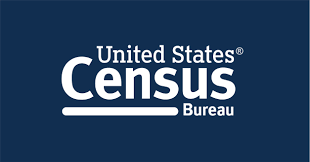
In six months, households will receive an invitation to participate in the 2020 Census from either a postal worker or a census worker. Every household will have the option to respond online, by phone, or by mail. The 2020 Census officially starts counting people in January 2020 in remote Toksook Bay, Alaska.
Last week the Census Bureau launched an updated website (2020census.gov) in preparation for the 2020 census. The revised site has features, resources, and materials to help inform the public about the 2020 Census.
Important Compliance Note
American FactFinder Has Retired!
After continuously developing a new way of accessing data over the past few years, the U.S. Census Bureau has retired the American FactFinder tool. As of July 2019, data.census.gov is the primary way to access Census Bureau data, including upcoming releases from the 2018 American Community Survey, 2017 Economic Census, 2020 Census and more.
Read more about the Census Bureau’s transition to data.census.gov and view the recorded webinar to see a demonstration of the latest updates and learn how to access data from the new site.
Wednesday, September 18, 2019: OFCCP Announced Academic Institutions Town Hall

- When: Wednesday, October 23, 2019
- Where: Phoenix Park Hotel in Washington, DC
- Who: Open to the public; however, any personnel involved with OFCCP compliance within academia are encouraged to attend.
- Register: Online through Eventbrite
Wednesday, September 18, 2019: Senate Recommended Lower Budget for OFCCP
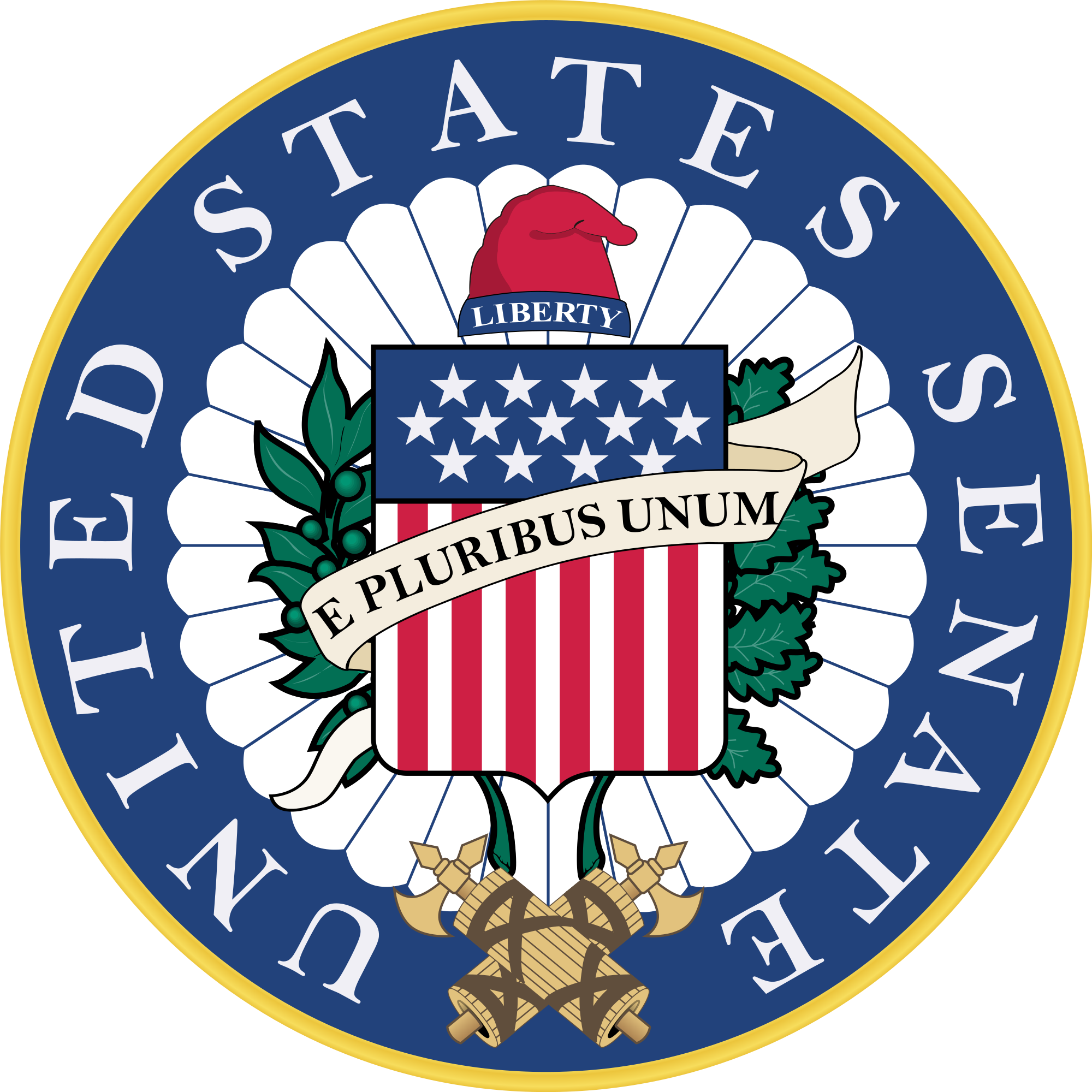
The Bill provides $12.1 billion in discretionary funding for the U.S. Department of Labor, $28 million above FY2019. Of this, the Senate has proposed $103,467,000 for the Office of Federal Contract Compliance Programs.
Although this is a massive drop from the House proposal for OFCCP ($120 million), it is only about 100k shy of OFCCP’s request of $103,576,000.
OFCCP Funding Proposal Tracker
- September 2019: Senate Appropriations Subcommittee on Labor, Health & Human Services, Education and Related Agencies recommended $103,467,000 for OFCCP.
- June 2019: House approved a Committee proposal for a $120 million budget for OFCCP.
- April 2019: House Appropriations Subcommittee on Labor, Health & Human Services, Education and Related Agencies recommended $120 million for OFCCP.
- March 2019: OFCCP requested $103,576,000.
- February 2019: White House recommended $91.1 million for OFCCP
Thursday, September 19, 2019: Covered Federal Contractors – Minimum Wage Increase
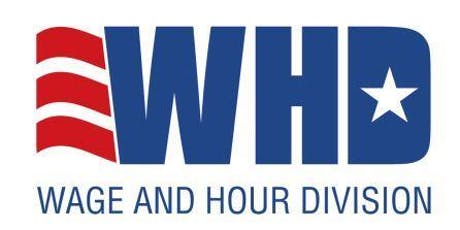
New Rates: $10.80/hour and $7.55/hour for tipped employees.
When: The new rates take effect on January 1, 2020.
Why: Executive Order 13658 and its implementing regulations at 29 CFR part 10.
Tip: Read the fine print – there are exclusions!
Sound familiar?
The rate is subject to change each year at the discretion of the Secretary of Labor.
- January 1, 2019, the rate increased to $10.60 per hour and $7.40 per hour for tipped employees.
- January 1, 2018, the rate increased to $10.35 per hour and $7.25 per hour for tipped employees.
Thursday, September 19, 2019: Dhillon and Leen Testified Before the Education & Labor Committee
OFCCP Director Craig Leen and EEOC Chair Janet Dhillon testified in an oversight hearing examining the policies and priorities of their respective agencies. The full hearing is available on YouTube (starting at 28:10). Leen and Dhillon each had five minutes to testify (Leen’s begins at 40:30, and Dhillon’s at 45:40).
Ms. Cindy Brown Barnes, a Director in the Government Accountability Office (GAO), also had five minutes to present on the progress of the EEOC and OFCCP as to GAO’s recommendations in both 2016 and 2017 (Beginning at 50:40). Director Brown Barnes highlighted:
In 2016, GAO found:
- Reliance on contractors’ voluntary compliance with affirmative action plan requirements limited OFCCP’s oversight. OFCCP has taken steps to develop a new web portal for collecting those plans annually but has not yet obtained Office of Management and Budget approval for the collection or launch of the portal.
- A lack of timely staff training limited OFCCP’s oversight. OFCCP has taken steps to implement a new training curriculum but has not yet implemented its new learning management system that will help ensure timely and regular training.
In 2017, GAO found:
- EEOC had not consistently captured information on industry codes, which limits EEOC’s ability to identify trends by industry sector and conduct sector-related analyses.
- EEOC has not yet completed development of its Employer Master List that will include industry codes.
- OFCCP’s methodology to identify equal employment disparities by industry might not accurately identify industries at greatest risk of noncompliance with affirmative action and nondiscrimination requirements. OFCCP has taken steps to develop a new methodology but needs to refine it further to ensure that it will identify industries at greatest risk.
The full report, “Progress Made on GAO Recommendations to Improve Nondiscrimination Oversight, but Challenges Remain” is available on the GAO website.
Friday, September 20, 2019: EDI Award Application Process Updated
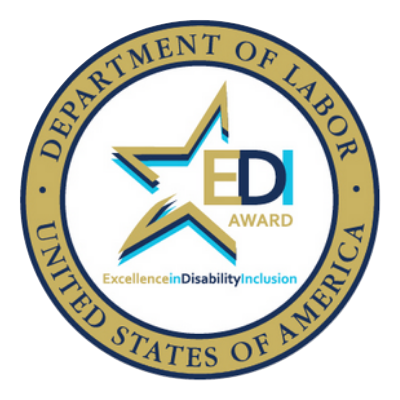
- Statements of support of more than 15 pages
- Statements of support from high-ranking officials other than the president/CEO of the company applying for the award.
In light of these changes, companies may now resubmit their applications. The deadline to submit applications is November 1, 2019.
Monday, September 23, 2019: NLRB Proposed Rulemaking Concerning Students
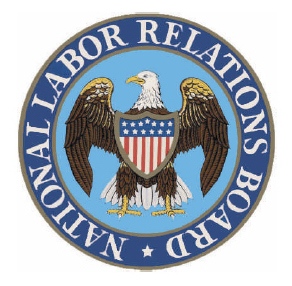
Note: The NLRB relies upon the Common Law definition of the term “employee” to determine whether any particular individual is an “employee” the NLRA covers. Likewise, OFCCP relies on the Common Law definition of the term employee under all three of the programs OFCCP enforces to determine if an at-issue “worker” is a covered “employee.”
The NLRB believes that this proposed standard is consistent with the purposes and policies of the Act, which contemplates jurisdiction over economic relationships, not those which are primarily educational in nature. This proposed rule will overrule existing precedent and return to the state of law as it existed from shortly after the NLRB first asserted jurisdiction over private colleges and universities in the early 1970s to 2000 and, with brief exceptions, for most of the time since then.
The Student Worker Saga
The Office of Federal Contract Compliance Programs (OFCCP) recently declined to take a position on whether “student workers” generally are employees while implying that they were Common Law employees. However, OFCCP stated it would not prosecute the absence of student workers from Affirmative Action Plans, EEO-1 Survey reports, and adverse impact analyses. It will, nonetheless, make a case-by-case determination of “employee” status if a “student worker” files a complaint with OFCCP.
Comment Now on the NLRB Proposed Rulemaking
This document has a comment period that ends in 60 days (11/22/2019).
THIS COLUMN IS MEANT TO ASSIST IN A GENERAL UNDERSTANDING OF THE CURRENT LAW AND PRACTICE RELATING TO OFCCP. IT IS NOT TO BE REGARDED AS LEGAL ADVICE. COMPANIES OR INDIVIDUALS WITH PARTICULAR QUESTIONS SHOULD SEEK ADVICE OF COUNSEL.
SUBSCRIBE.
Compliance Alerts
Compliance Tips
Week In Review (WIR)
Subscribe to receive alerts, news and updates on all things related to OFCCP compliance as it applies to federal contractors.
OFCCP Compliance Text Alerts
Get OFCCP compliance alerts on your cell phone. Text the word compliance to 55678 and confirm your subscription. Provider message and data rates may apply.

